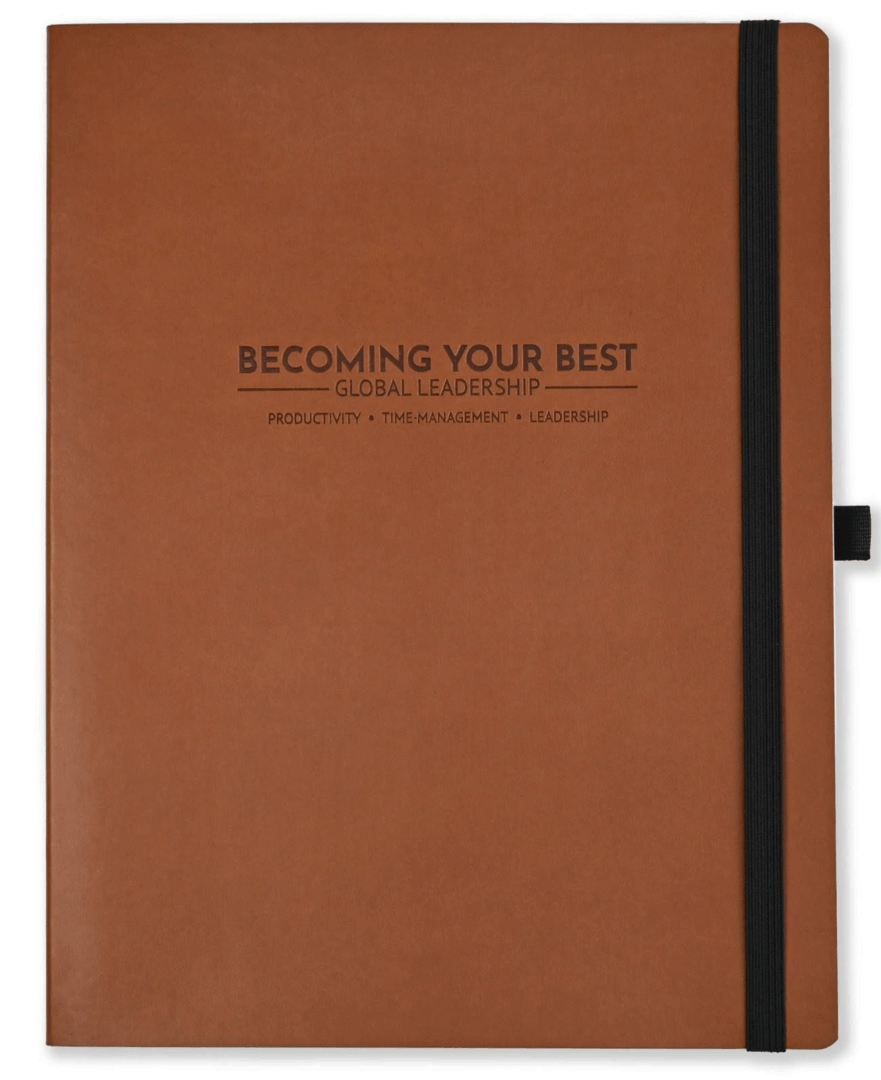Do nice guys finish last and is kindness weakness? And, do tough leaders get results while kind leaders get walked over?
Groundbreaking research reveals the opposite: the highest-performing leaders consistently demonstrate kindness. This week, we’ll explore why living the golden rule isn’t just morally right, it’s competitively smart. We’ll also explore how kindness can be learned as the ultimate leadership advantage.
Productivity Tip: Be Kind
Living the golden rule in work and life means treating others as you want to be treated. It’s a call to for genuine respect, kindness, civility, and appreciation. It’s not about being unauthentically nice or avoiding difficult conversations; it’s about genuinely caring for people’s success and well-being while maintaining high standards and clear expectations.
How does it impact the workplace? Research from Google’s Project Aristotle found that kindness and respect are the foundation for psychological safety—the #1 attribute of high-performing teams.
In short, leaders who practice kindness and respect, unlock human potential. People feel safe to take risks, share ideas, honestly communicate, and admit mistakes. This creates environments where innovation thrives, problems get solved quickly, and teams rally together during challenges. Kindness builds the trust that makes everything else possible.
Without kindness, leaders may achieve short-term compliance through fear, but they sacrifice long-term performance. Talented people leave, creativity diminishes, and teams become risk-averse. Fear-based leadership creates cultures where people hide problems until they become crises, ultimately undermining the very results harsh leaders think they’re driving.

Case Study: Marc Benioff and Salesforce
Marc Benioff, CEO of Salesforce, has built one of the world’s most valuable software companies by making kindness a core business strategy. When he took over, he could have followed the typical Silicon Valley playbook of aggressive competition and cutthroat tactics.

Instead, Benioff implemented what he calls “Ohana Culture”—treating employees, customers, and communities like family. He established equal pay policies, invested billions in employee development, and made giving back to communities a fundamental business practice. Critics initially dismissed this as expensive idealism that would hurt profitability.
The results proved otherwise. Salesforce became one of the fastest-growing enterprise software companies in history, with revenues growing from $1 billion to over $30 billion under Benioff’s leadership. The company consistently ranks among the best places to work, has industry-leading employee retention, and attracts top talent who want to work for a values-driven organization.
Benioff’s kindness-first approach didn’t make him soft—it made him stronger. When competitors tried to poach employees, people stayed loyal to Salesforce’s culture. When economic downturns hit, teams rallied together instead of turning on each other. His strategic kindness created a sustainable competitive advantage that pure aggression never could.
His success demonstrates that leaders who lead with kindness don’t sacrifice results—they multiply them by unleashing the full potential of their people.
So, Now What? The "How To"
Want to harness the power of kindness? Start by redefining strength as creating environments where people can do their best work, not intimidation or control. Lead from the front by being present, listening, showing compassion, smiling, saying, “thank you,”and recognizing the contribution of others. Get in the trenches with your people. Listen to their stories. And, make kindness an intentional focus and life value.
Implement “kindness with accountability”—genuinely care about people’s growth while maintaining clear expectations. Have difficult conversations with compassion, without raised voices or anger, focusing on helping people improve rather than punishing mistakes.
Practice active generosity by looking for opportunities to help others succeed through mentoring, resources, or acknowledgment.
Remember that kindness is contagious. When you model treating others with respect and care, it spreads throughout your organization. People begin treating customers, colleagues, and stakeholders with the same kindness they receive from you.
That’s becoming your best!

“In a word where you can be anything, be kind.”
-Clare Pooley
Fall Planners

Where do you write your weekly virtue? Get a planner built around the success rhythm and the habits to Do What Matters Most! You have a dedicated place for a weekly virtue! Plus, a pre-week planning matrix to schedule priorities first. And a weekly and monthly reflection guide to boot! Grab yours and lead your life by design.
Want to learn more about our training solutions?
Leadership Development: The 12 Principles of Highly Successful Leaders
Do What Matters Most: The #1 Time-Management and Productivity Solution
The Six-Step Process: Six-Steps to Solve Your Biggest Challenges
Free Resources

